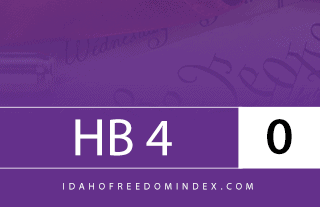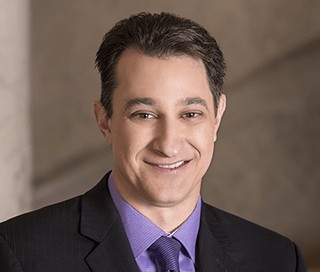



Rating: 0
Does it give government any new, additional, or expanded power to prohibit, restrict, or regulate activities in the free market? Conversely, does it eliminate or reduce government intervention in the market?
Under current law, pharmacists are unable to prescribe tobacco cessation products. Only doctors can do that. This proposal seeks to add language to Idaho Code 54-1704, which defines the practice of pharmacy. The proposal would allow pharmacists to issue prescriptions for tobacco cessation products pursuant to a new section, 54-1733E, of the Idaho Code.” The new language makes intuitive sense. A person who chooses to quit smoking may do so with a certain spontaneity. But certain tobacco cessation products require a prescription, imposing an impediment on the person wishing to quit smoking. A tobacco user must schedule an appointment with a doctor. Adding tobacco cessation products to the practice of pharmacy reduces government intervention in the marketplace, albeit slightly, by allowing such products to be dispensed by a pharmacist instead of requiring a doctor’s visit and prescription. (+1)
Does it give government any new, additional, or expanded power to prohibit, restrict, or regulate activities in the free market?: The proposed legislation does not simply allow pharmacists to write prescriptions for tobacco cessation products. Instead, the addition of Idaho Code 54-1733E creates a series of requirements and restrictions for the prescribing pharmacist. Among these are the taking of certain education courses and the development of follow-up care plans as well as requirement that a pharmacist “shall recommend additional assistance for behavior change including, but not limited to, the Idaho QuitLine.” Such requirements could be viewed as creating new, enlarged functions for the Board of Pharmacy, the regulator of these activities. The legislation would be improved by the elimination of this section. (-1)


